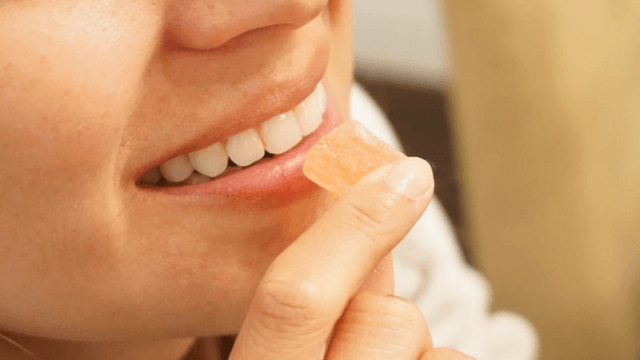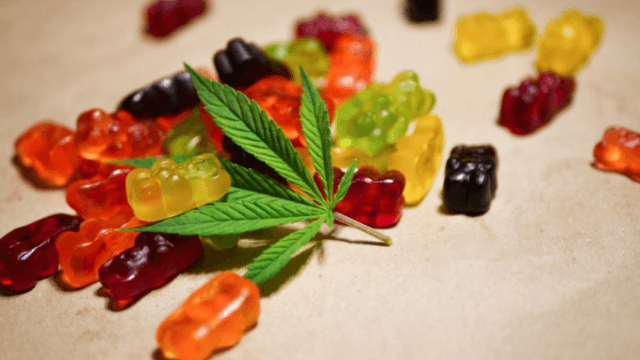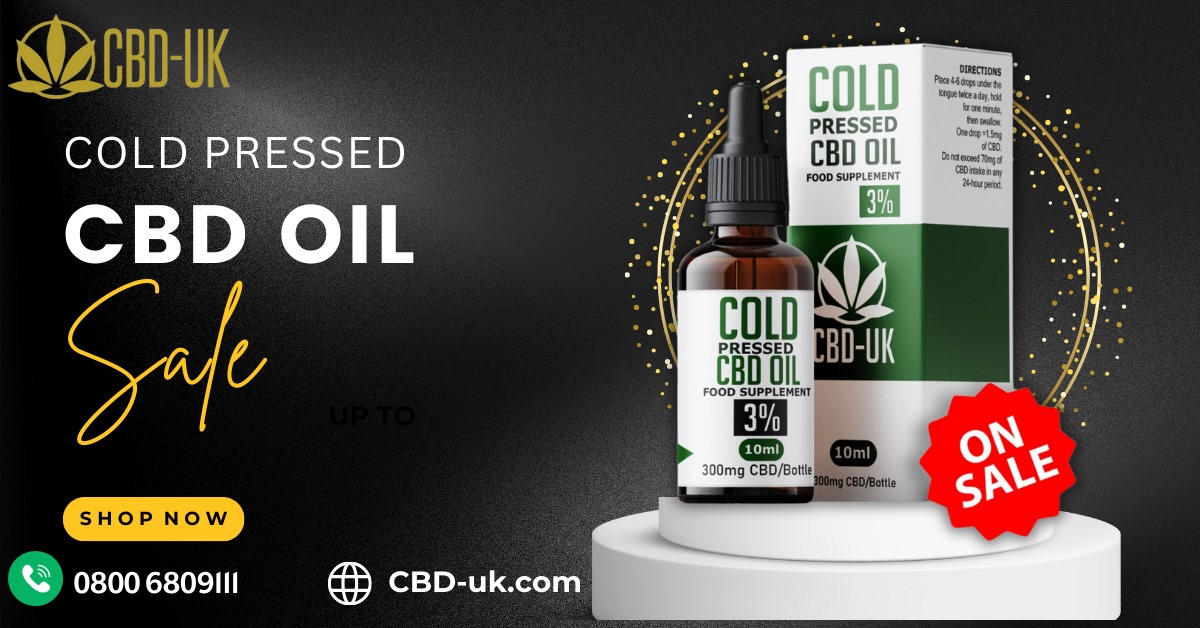Are Expired CBD Products Safe to Take?

We’re all familiar with the advice not to consume supplements after they expire, but what about that stash of CBD capsules that recently crossed the manufacturer’s expiration threshold? Is it risky to indulge in expired CBD extracts? And speaking of longevity, just how durable is CBD, anyway? If you find yourself pondering these questions while gazing at a CBD product that has outlasted its shelf life, it’s essential to grasp the potential hazards of using an expired supplement. Equally important is the understanding of proper CBD storage to ensure your hemp remains in its freshest state for as long as possible.
In this piece, we’re delving into the lifespan of CBD, what happens if you use expired CBD oil, and whether rolling with expired tinctures is a safe bet.
CBD Oil Shelf Life: Understanding the Basics
While CBD boasts a commendable shelf life, it’s not immune to the passage of time. The CBD content in your oils, capsules, or edibles naturally degrades, leading to a gradual decline in potency. On average, CBD tends to maintain its shelf stability for approximately one year, but some argue that refrigeration can extend this to two years.
The one-year estimate doesn’t mean your CBD product expires the moment it arrives at your doorstep. Chances are, the CBD oil you’re getting was made well before it landed on your doorstep, possibly hanging out on store shelves for a while.
And, don’t forget, those expiration dates are banking on the idea that the product has been stashed away the right way—somewhere dry, dark, and cool.
Can CBD Go Bad?
While CBD itself does not spoil or “go bad” in the same way that perishable food items do, the carrier oil used in CBD products can degrade over time. Exposure to light, heat, and air can accelerate this process. As a result, the overall quality of the CBD product may diminish, affecting its taste, colour, and potential effectiveness.
Is Expired CBD Oil Safe?
The active ingredients in CBD, cannabinoids, may deteriorate and lose some of their efficacy. When the product is exposed to adverse environments like heat, light, or air, the deterioration process is more likely to happen. This answers a commonly asked question, “Does CBD lose effectiveness over time?” To maximize the benefits of CBD, you should store products properly and adhere to recommended storage guidelines. However, expired CBD oil doesn’t pose any safety issues.
CBD Tincture Expiration Date: A Guide for Consumers
CBD tinctures often come with a specified expiration date, providing consumers with a guideline for the product’s freshness. It’s advisable to adhere to these dates to ensure the optimal quality and effectiveness of the product. Ignoring expiration dates may result in a less potent product, and the user may not experience the desired effects.
Tips on How to Store CBD Products Properly
Proper storage of CBD products is more than a good practice; it’s a vital step in ensuring that you receive the full benefits every time you use them. CBD is sensitive to light, heat, and air, which can all degrade the quality and effectiveness of the oil. Hence, finding the right spot to keep your CBD can make a significant difference in its longevity and potency.
Direct sunlight is the enemy of cannabinoids, with UV rays having the potential to break down these compounds over time, so it’s best to choose a dark, cool place like a cabinet or pantry for your CBD sanctuary. While most CBD oils come in protective tinted bottles, additional caution won’t hurt. Consider the temperature factor; excessive heat can change the texture and viscosity of the oil, and might even affect its flavor and potency. Room temperature, particularly a comfortable range between 60- and 70-degrees Fahrenheit, is ideal, keeping it away from the sunny spots by the window, appliances that generate heat, and definitely not in a car on a sunny day.
Air exposure is another consideration for preserving CBD’s integrity. When oxygen comes into contact with CBD, it can change the oil’s chemical balance, affecting how effective it is the next time you need it. That’s why it’s crucial to tighten the cap after every use, making sure the product is as airtight as when you first opened it.
For those who have a large stock or buy in bulk, thinking ahead to long-term storage can pay off. The refrigerator can be a good friend here, especially if you’re not planning to use the CBD daily. Not only does the cool environment keep the oil from turning rancid, but it also keeps it away from any kitchen splashes or spills that could occur.
Dryness is as important as coolness because moisture can lead to the development of mold and bacteria, which is a definite no for anything you plan to consume. This means keeping your CBD away from places where steam or condensation gathers, like near the kettle or the bathroom.
Exercising Caution with Expired CBD Products
In summary, while expired CBD products may not pose immediate health risks, their effectiveness can diminish over time. The shelf life of CBD is influenced by various factors, and proper storage is crucial to maintaining product quality. To ensure a positive CBD experience, consumers should be mindful of expiration dates, storage conditions, and any changes in the product’s appearance or odor. When in doubt, it’s advisable to purchase fresh products from a reputable CBD store and consult with healthcare professionals for personalized guidance on CBD usage.






